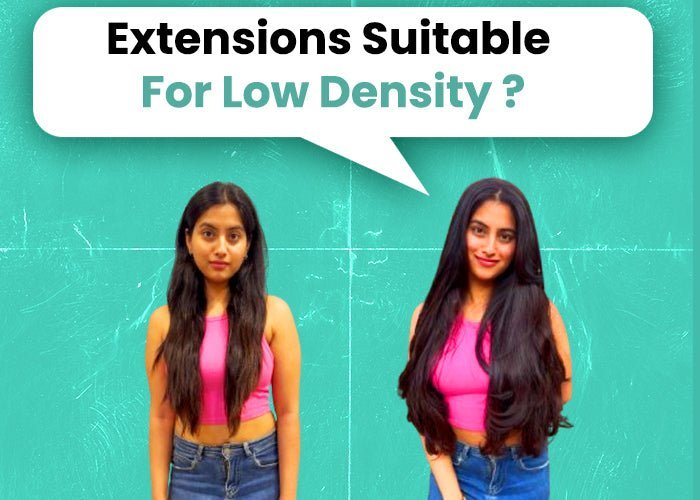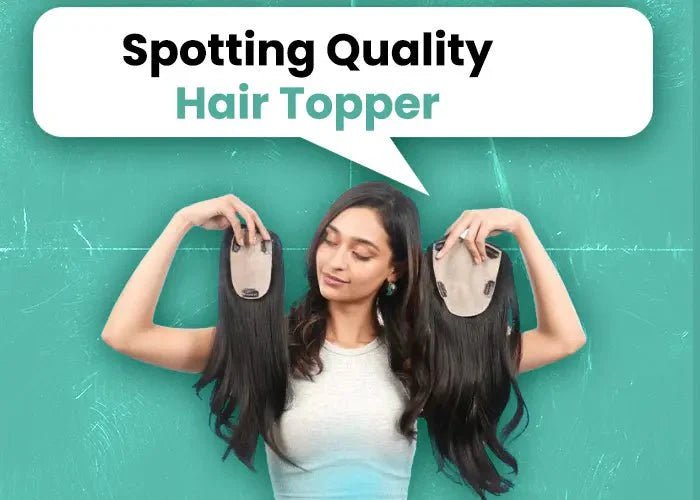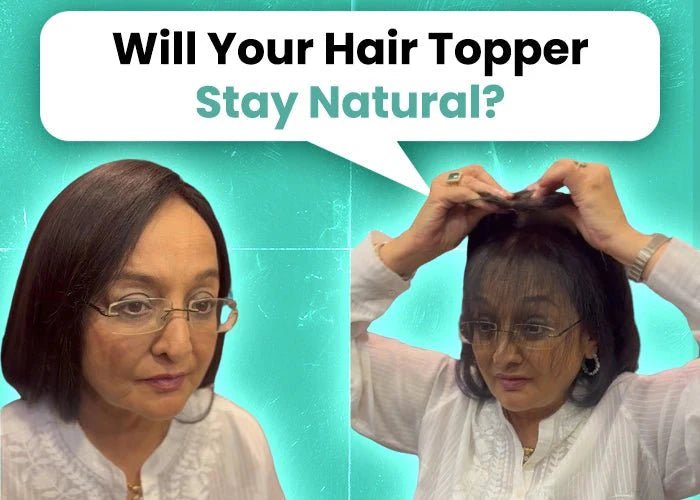Are Permanent Extensions Suitable for Low-Density Hair?

If you have low-density hair, you might be wondering whether permanent hair extensions are a viable option for you. Many women with finer hair worry about whether extensions will weigh their hair down or lead to damage. In this blog, we’ll explore the suitability of permanent extensions for low-density hair, discussing both the benefits and considerations to keep in mind.
Understanding Low-Density Hair
Low-density hair refers to hair that has fewer strands per square inch on the scalp, resulting in a more delicate appearance. Women with low-density hair often find that their hair can appear thinner and may lack volume, making it essential to choose styling techniques and products carefully.
Because there are fewer strands, low-density hair can sometimes appear oily more quickly than thicker hair types. This means that regular washing and the right hair products are crucial for maintaining a fresh appearance.
Caring for Low-Density Hair
Understanding your hair type is crucial for choosing the right hair extension options. To care for low-density hair effectively:
- Choose Lightweight Products: Opt for lightweight shampoos and conditioners that won’t weigh your hair down. Avoid heavy styling products that can make your hair feel greasy or flat.
- Gentle Styling Techniques: Be mindful of styling methods that might cause breakage or stress on your strands. Consider using heat styling tools on lower settings and always apply a heat protectant.
- Regular Trims: Keeping your ends trimmed helps maintain the health of low-density hair, preventing split ends that can lead to further thinning.
With the right care and the appropriate choices in hair extension options, such as tape-in hair extensions or keratin bond hair extensions, women with low-density hair can achieve beautiful, voluminous looks without compromising hair health.
What Are Permanent Extensions?
Permanent extensions are a long-term hair solution that can add length and volume. They come in several forms, including keratin bond hair extensions, tape-in hair extensions, and micro ring hair extensions, each offering different methods of application and levels of durability. These extensions are designed to blend seamlessly with your natural hair, giving you the look you desire.
Benefits of Permanent Extensions for Low-Density Hair
- Adds Volume: Permanent extensions can significantly enhance the volume for fine hair, giving your locks a fuller appearance. This can help create the illusion of thicker, healthier hair.
- Styling Flexibility: With extensions, you can explore various styles without committing to a haircut. You can enjoy longer hair, added layers, or even dramatic curls all while still maintaining your natural hair's integrity.
- Enhanced Hair Health: When cared for properly, extensions can provide a protective barrier for your natural hair, reducing exposure to heat and environmental damage.
- Lightweight Options: Choosing lightweight extensions like tape-in hair extensions can help avoid strain on your natural hair, ensuring comfort and reducing the risk of breakage.
Concerns with Permanent Extensions on Low-Density Hair
While permanent extensions can offer many benefits, there are also concerns to consider:
- Potential for Breakage: The weight of extensions can lead to breakage or thinning if not applied correctly. It’s vital to choose lightweight options to minimize stress on your hair.
- Choosing the Right Type: Not all extensions are suitable for low-density hair. Selecting the right type of extension such as keratin bond hair extensions or micro ring hair extensions can make a significant difference in both comfort and appearance.
- Maintenance Requirements: Extensions require regular maintenance and care to keep both your extensions and natural hair healthy. This includes avoiding excessive heat styling and using the right hair care products.
Tips for Choosing and Caring for Extensions
When considering extensions for low-density hair, it’s essential to choose lightweight extensions that won’t pull on your natural strands. Here are some tips:
- Seek Professional Consultation: A professional stylist can help you choose the best type of extensions for your hair type and recommend the right installation method to ensure a seamless blend.
- Follow a Gentle Care Routine: Maintain the health of your extensions by using sulfate-free shampoos and conditioners. Regularly moisturizing your hair will keep it looking vibrant and healthy.
- Be Mindful of Heat Styling: Minimize heat exposure to your extensions and natural hair. If you must use heat, opt for lower settings and always apply a heat protectant.
Common Concerns related to permanent extensions
-
Can people with low-density hair use permanent extensions?
Yes, permanent extensions can be suitable for low-density hair. However, choosing lightweight options like tape-ins or micro rings can help reduce strain on natural hair.
-
What are the best types of permanent extensions for low-density hair?
For low-density hair, options like tape-in extensions, keratin bonds extensions, and micro ring extensions work well as they offer a natural blend without adding excessive weight. -
Will permanent extensions make my hair look thicker?
Yes, permanent extensions can add volume and fullness to fine or low-density hair, giving the appearance of thicker, healthier hair. -
How do I care for permanent extensions on low-density hair?
Use sulfate-free, lightweight hair products, avoid heavy styling products, and minimize heat exposure. Regular trims and a gentle brushing technique also help maintain both natural hair and hair extensions. -
Can I style my hair as usual with permanent extensions?
Yes, permanent extensions allow styling versatility, but it’s recommended to use heat tools sparingly and at lower settings to protect both the hair extensions and your natural hair.
Conclusion
In conclusion, with the right approach and professional guidance, low-density hair can indeed benefit from permanent extensions. Don’t hesitate to reach out with any questions or to book your consultation!
Ready to enhance your hair with beautiful extensions? Book a consultation with us today to discover the perfect hair extension options for your low-density hair! Our team is here to guide you through the process and help you achieve the look you desire.
need help?






Leave a comment
This site is protected by hCaptcha and the hCaptcha Privacy Policy and Terms of Service apply.